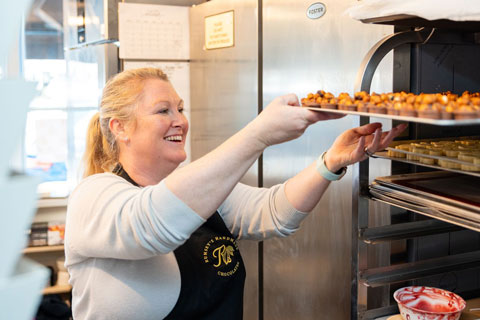What is Small Business Saturday?
Small Business Saturday celebrates the UK's much-loved 5.45 million small businesses and encourages the nation to show their support, particularly by spending and shopping small.
Small Business Saturday takes place on the first Saturday in December but is not just a date. It’s a year-round national movement to spotlight the small businesses that make a big difference to our communities and economy.

With the support of American Express, the campaign has reached millions of people, with billions spent with small businesses and is proudly in its thirteenth year in the UK.
From independent retailers to local service providers, the goal is simple. Help small businesses thrive.
We believe in the power of small. Small is personal. Small is resilient. Small is at the heart of every neighborhood. Through Small Business Saturday we travel the length and breadth of the country to share stories, amplify voices and celebrate the people who make small business mighty. The result is showcasing a massive showing of support, love and celebration for the Nation's Favourite Businesses.








